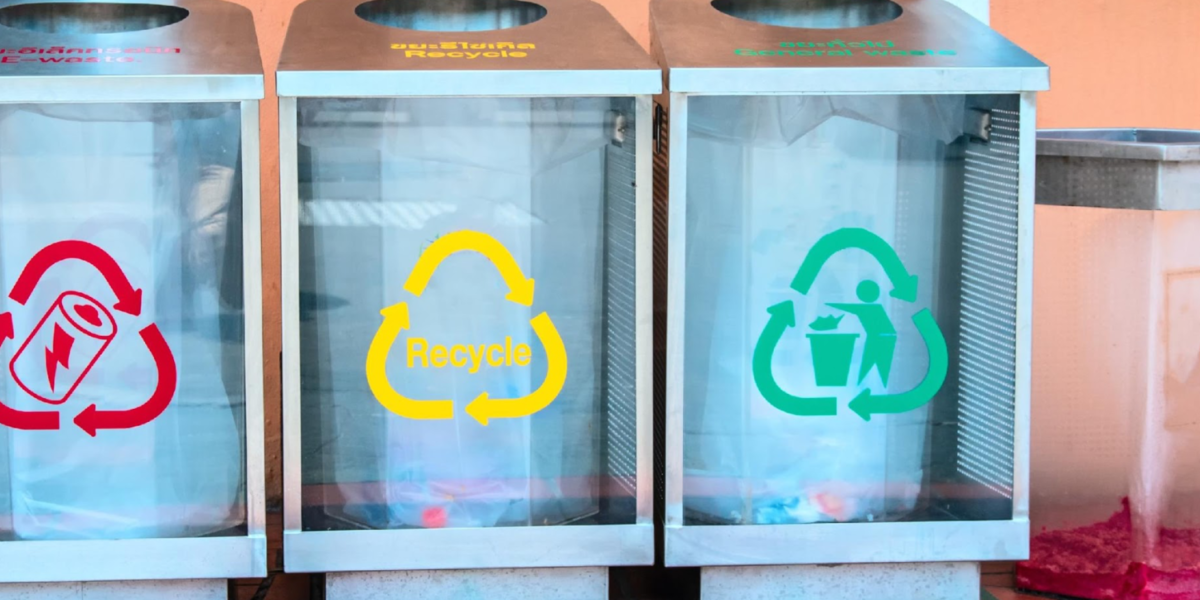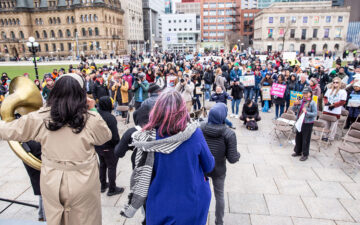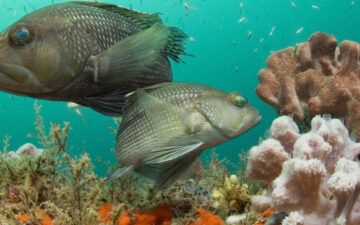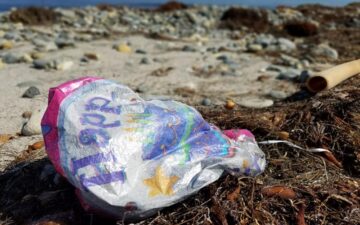On October 13, The Ocean Foundation co-hosted a virtual event with the Embassy of Finland, the Embassy of Sweden, the Embassy of Iceland, the Embassy of Denmark and the Embassy of Norway. The event was held to continue momentum in stepping up ambitions for beating plastic pollution despite the pandemic. In a virtual setting, the Nordic countries reached out to other regions of the world to continue the global conversation with the private sector.
Moderated by Mark J. Spalding, President of The Ocean Foundation, the event consisted of two highly productive panels that shared both governmental perspectives and private sector perspectives. Speakers included:
- United States Representative Chellie Pingree (Maine)
- State Secretary Maren Hersleth Holsen at the Ministry of Climate and Environment, Norway
- Mattias Philipsson, CEO for Swedish Plastic Recycling, Member of the Swedish Delegation for Circular Economy
- Marko Kärkkäinen, Chief Commercial Officer, Global, Clewat Ltd.
- Sigurður Halldórsson, CEO of Pure North Recycling
- Gitte Buk Larsen, Owner, Chairman of the Board and Business Development and Marketing Director, Aage Vestergaard Larsen
More than one hundred participants gathered to join a discussion with the respective leaders to discuss the challenge of global plastic pollution. Overall, the meeting called for repairing fundamental gaps in international legal and policy frameworks relevant for combatting ocean plastic pollution by bridging these two perspectives. Highlights from the panel dialogue include:
- Plastic plays an important role in society. It has reduced breakage, reduced the carbon footprint of transportation, and it is critical to public safety and health, particularly as we deal with the global COVID pandemic. For those plastics critical to our lives, we need to ensure they can be reused and recycled;
- Clear and efficient frameworks are needed at international, national, and local scales to both guide manufacturers with predictability and to implement recycling programs. Recent progress with the Basel Convention internationally and Save Our Seas Act 2.0 in the United States are both moving us in the right direction, but additional work remains;
- The community needs to look more into redesigning plastics and the products we make from plastic, including testing biodegradable alternatives such as cellulose-based alternatives from trees through sustainable forestry practices, among others. However, the mixture of biodegradable materials into the waste stream presents added challenges for traditional recycling;
- Waste can be a resource. Innovative approaches from the private sector can help us reduce energy use and be scalable to different locations, however, diverse regulatory and financial frameworks limit how transferrable certain technologies can actually be;
- We need to develop better markets for recycled products with the individual consumer and carefully determine the role that financial incentives like subsidies have to facilitate that choice;
- There is no one size fits all solution. Both traditional mechanical recycling and new approaches to chemical recycling are needed to address diverse waste streams that include a variety of mixed polymers and additives;
- Recycling shouldn’t require an engineering degree. We should work toward a global system of clear labeling for recyclability so that consumers can do their part in keeping waste streams sorted for easier processing;
- We should learn from what practitioners in the industry are already doing, and provide incentives to work with the public sector, and
- The Nordic countries have an ambition to adopt a mandate to negotiate a new global agreement to prevent plastic pollution at the next possible opportunity at the UN Environmental Assembly.
What’s Next
Through our Redesigning Plastics Initiative, The Ocean Foundation looks forward to continuing discussions with the panelists.
Early next week, on 19 October 2020, The Nordic Council of Environment and Climate Ministers will be releasing a Nordic Report: Possible Elements of a New Global Agreement to Prevent Plastic Pollution. The event will be live-streamed from their website at NordicReport2020.com.







